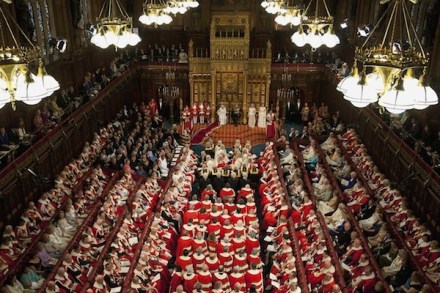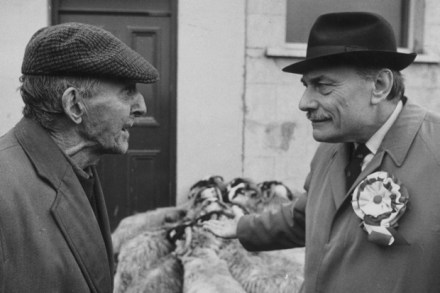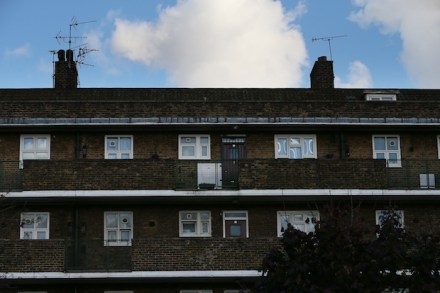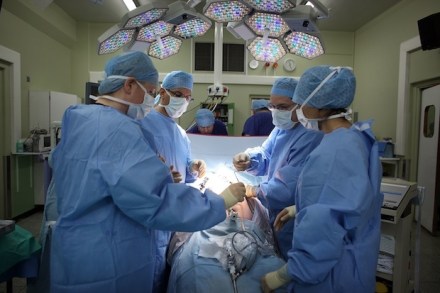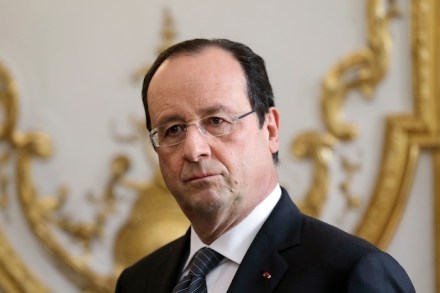The Quiet and Sorry Death of Liberalism, Part CCXXXIV
The whole point of the House of Lords is that it lacks democratic legitimacy. This, as they say, is a feature not a bug. A damn good feature too. It is – or can or should be – a valuable cooling saucer into which ploys devised by the lower, popular, house are poured until such time as they congeal to be revealed in all their unappetising horror. From time to time the will [sic] of the people, as expressed by Her Majesty’s Government, jolly well should be frustrated or otherwise suppressed. Take this headline, for instance: Peers block law on being annoying in public. That’s from the BBC not The Daily Mash though
